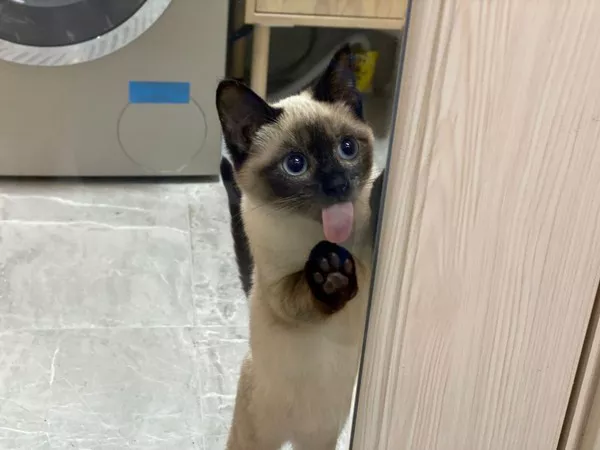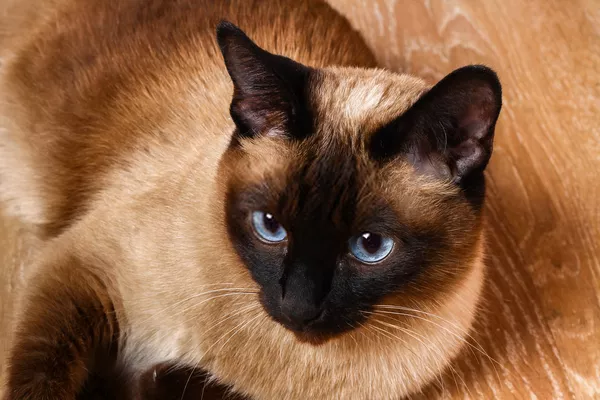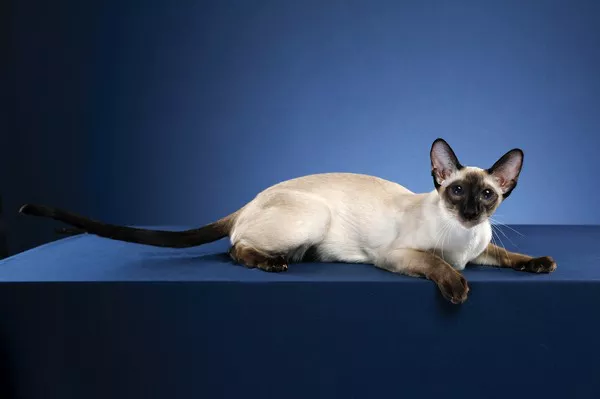As feline companions, cats often have a reputation for being finicky eaters. However, if you find yourself asking, “Why is my cat always hungry?” it’s essential to explore the various factors that may contribute to your pet’s seemingly insatiable appetite. This article aims to shed light on the common reasons behind a cat’s constant hunger, offering insights into both behavioral and medical aspects that may influence their eating habits.
8 Reasons Behind Your Cat’s Constant Hunger
1. Metabolism and Energy Requirements
Cats are known for their high metabolism, and their energy requirements can vary based on factors such as age, size, and activity level. Kittens, pregnant or nursing cats, and highly active individuals may naturally have a greater need for calories. Understanding your cat’s life stage and providing an appropriate diet to meet their nutritional needs is crucial in managing their hunger.
2. Poor-Quality Diet
The quality of the food you provide plays a significant role in your cat’s overall health and satiety. Low-quality or improperly balanced diets may lack essential nutrients, leaving your cat feeling hungry despite consuming an adequate amount of food. Opting for high-quality cat food that meets their specific dietary requirements can promote a sense of fullness and contribute to their overall well-being.
3. Inadequate Portion Control
Proper portion control is essential in managing your cat’s weight and hunger levels. Overfeeding, even with a high-quality diet, can lead to weight gain and an increased appetite. Ensure you are following the feeding guidelines on the cat food packaging and adjust portions based on your cat’s age, weight, and activity level. Consult with your veterinarian to determine the most suitable portion size for your individual cat.
4. Underlying Health Issues
If your cat’s hunger seems excessive or sudden, it could be indicative of underlying health problems. Conditions such as diabetes, hyperthyroidism, or gastrointestinal issues can affect appetite. If you notice a significant change in your cat’s eating habits, it’s crucial to seek veterinary attention promptly. Regular check-ups and blood tests can help diagnose and address any potential health concerns.
5. Boredom and Behavioral Issues
Cats are intelligent and require mental stimulation to stay content. If your cat lacks entertainment or stimulation, they may resort to overeating as a way to alleviate boredom. Providing interactive toys, puzzle feeders, and engaging with your cat through play can help satisfy their mental and physical needs, reducing the likelihood of excessive hunger due to boredom.
6. Stress and Anxiety
Cats are sensitive creatures, and stress or anxiety can manifest in various ways, including changes in appetite. Events such as moving to a new home, the introduction of a new pet, or changes in the household routine can lead to heightened stress levels. Monitoring your cat’s behavior and creating a calm environment can help alleviate stress-induced hunger.
7. Hormonal Changes
Hormonal fluctuations, particularly in unspayed or unneutered cats, can impact their eating habits. Female cats in heat may experience increased hunger, and unneutered males may exhibit similar behavior. Consider spaying or neutering your cat to help regulate hormonal changes and promote more balanced and predictable eating patterns.
8. Senior Cat Considerations
As cats age, their metabolism may slow down, and they may become less active. Senior cats may experience changes in appetite and dietary preferences. Switching to a specially formulated senior cat food and adjusting portion sizes to accommodate their lower energy requirements can help manage hunger in older cats.
See Also: How Do I Know If I’m Feeding My Cat Enough?
Conclusion:
Determining why your cat is always hungry requires a comprehensive approach that considers both behavioral and medical factors. By addressing aspects such as diet quality, portion control, and providing mental stimulation, you can contribute to a healthier and more balanced eating routine for your feline companion. If persistent hunger persists or is accompanied by other concerning symptoms, consulting with a veterinarian is essential to rule out any underlying health issues. Remember, understanding and meeting your cat’s unique needs are fundamental to fostering a happy and healthy relationship between you and your feline friend.












![Do Birman Cats Like to Cuddle? [Revealed!]](https://www.catsmeowweb.com/wp-content/uploads/2023/06/burmese-cat-6.webp)














